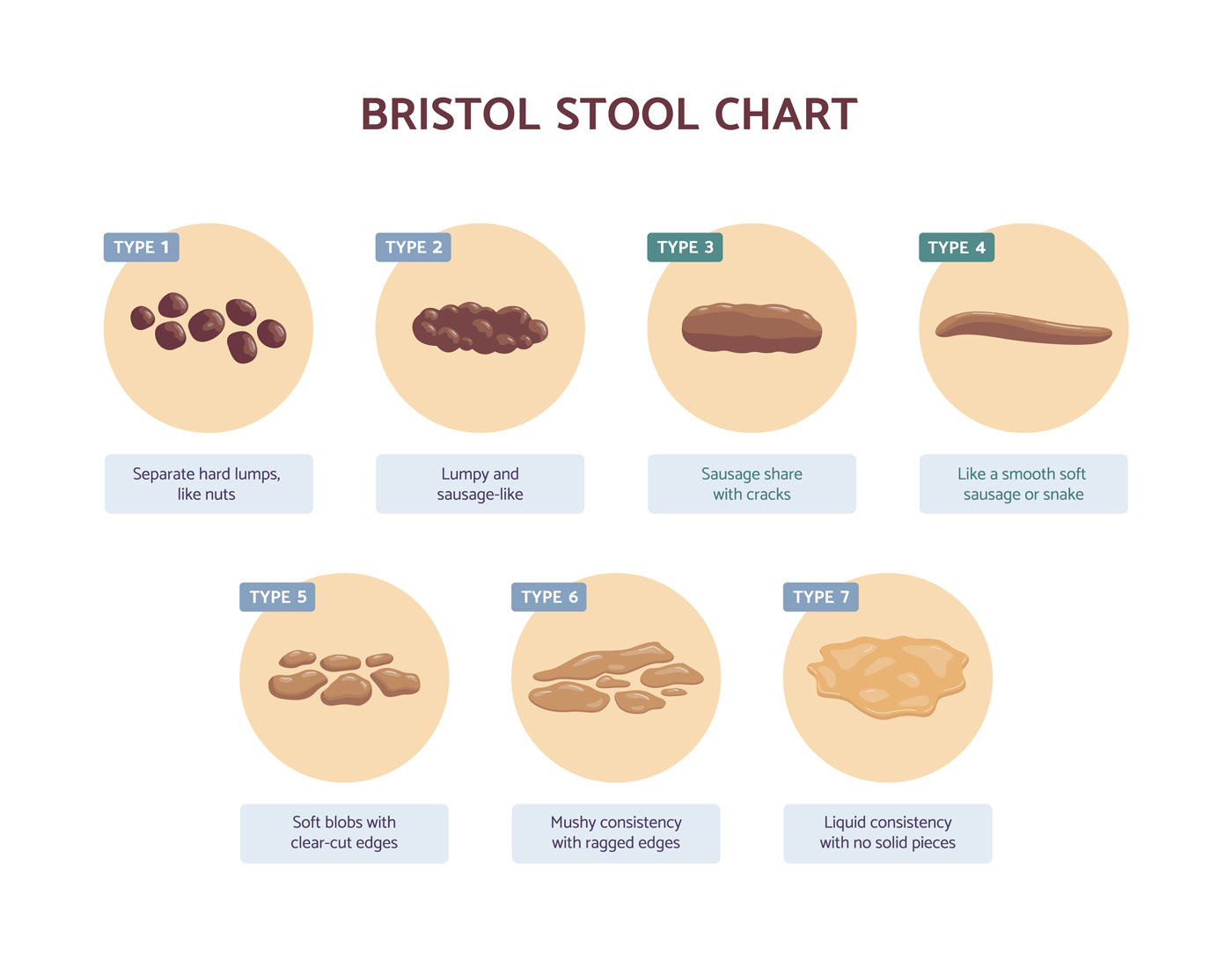Irritable Bowel Syndrome (IBS) Diagnosis
Learn about IBS diagnosis, the tests that can be considered and how the underlying cause can be addressed.
CONTACT USHow is IBS Diagnosed?
An IBS diagnosis can involve 2 elements. The first is to exclude other conditions such as Crohn’s disease, coeliac disease and bowel cancer. This involves blood tests, stool tests and a colonoscopy. If these conditions have been ruled out but the IBS symptoms are present and meet the ROME IV criteria, an IBS diagnosis will then lively be made.
This can lead the diagnosis of IBS to be one of exclusion. This means that once other conditions have been ruled out, symptoms will then be described as IBS.

The ROME Criteria for IBS Diagnosis
Recurrent abdominal pain on average at least 1 day/week in the last 3 months, associated with two or more of the following criteria:
Related to defecation
Symptoms associated with going to the toilet to poo.
Associated with a change in the frequency of stool
IBS symptoms are related to how often a stool (poo) is passed.
Associated with a change in stool form
IBS symptoms are seen with the stool being looser or firmer based on the Bristol stool chart.

Recognising IBS Symptoms
The ROME IV criteria as used to explain the symptoms that are required for an IBS diagnosis. How long symptoms have been present as well as how frequently they occur are also taken into consideration here.
In addition to the common IBS symptoms such as bloating and abdominal pain, further symptoms may be present that are described as ‘red flag’ symptoms. These include blood in the stool and a sudden change in bowel patterns. These symptoms may indicate something other than IBS which is the reason why further tests are often performed before an IBS diagnosis is made.
If IBS symptoms started following a case of food poisoning or gastroenterisis, it can be common for a diagnosis of Post-infectious IBS (PI-IBS) to be given.
The IBS Diagnosis Process
An IBS diagnosis takes into consideration test results as well as personal and family medical history
Medical History Review
When assessing IBS symptoms gathering information about health history is important. This can provide information about factors such as medication usage, stressful life events and cases of food poisoning. All of these factors provide details on the underlying causes of IBS symptoms.
Understanding family medical history and diagnosis conditions amongst close relatives can also provide details on genetic factors.
While an IBS diagnosis can be helpful and important these factors are important to guide the treatment process.

Key Diagnostic Criteria for IBS Diagnosis
The ROME IV criteria provide a clear set of requirements that need to be met for a diagnosis of IBS.
From this, it is also possible for IBS to be subtyped depending on stool form and frequency.
The Different Types of IBS
The ROME IV criteria provide a clear set of requirements that need to be met for a diagnosis of IBS. From this, it is also possible for IBS to be subtyped depending on stool form and frequency.
IBS-C
IBS with constipation.
Requires at least 25% of bowel movements to be with type 1 or type 2.
IBS-D
IBS with diarrhoea.
Requires at least 25% of bowel movements to be type 6 to type 7.
IBS-M
IBS with mixed stool form.
IBS-U
IBS with unclassified stool form.
Speak to us about your gut health today
Physical Examination Details
During the initial stages of IBS diagnosis and doctor or gastroenterologist may carry out physical examinations or assessments. These can be to assess for abdominal masses by feeling the stomach and abdominal region.
This can also be in the form of internal examinations such as assessing for haemorrhoids or via a colonoscopy or sigmoidoscopy.
In the majority of our patients, these examination have already been carried out.

Tests for IBS Diagnosis
Blood and Stool Tests
Certain blood tests can be used to test digestive conditions. This is an important part of the process of the diagnosis of IBS.
Blood tests that can be considered include:
- Coeliac disease
- CRP
Stool tests can also be used to assess for:
- Inflammation
- Pancreatic function
- Infections
Other IBS Tests
Following on from initial blood and stool tests, further assessments can be considered.
These include:
- SIBO breath test
- Microbiome analysis
- Food allergy and sensitivity assessments
When to Seek Medical Attention for IBS
Any change in digestive health can warrant a conversation with a healthcare professional. However, there are certain symptoms that are considered red flags.
These may indicate that medical attention should be prioritised.
These symptoms include:
- Unexplained weight loss
- Blood in stools
- Anaemia
- Fever

Your Next Step
Get help for your IBS
Book a free 15-minute consultation where we’ll review your symptoms and answer any questions.
Read more about IBS treatment
Learn about the approaches and treatments that can be considered to address IBS.
Read more
